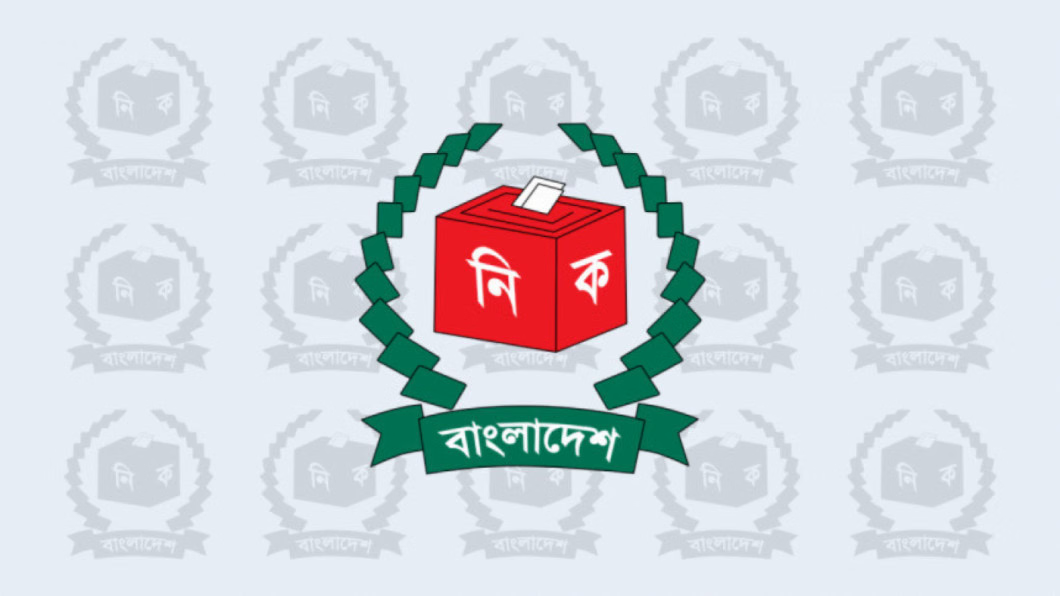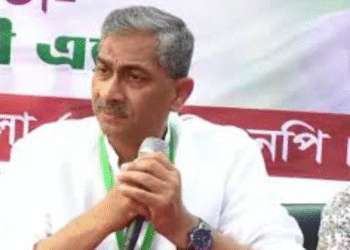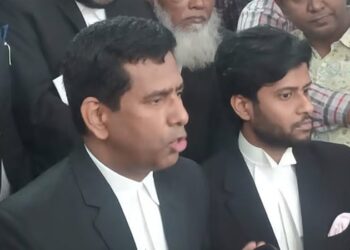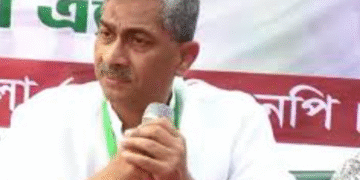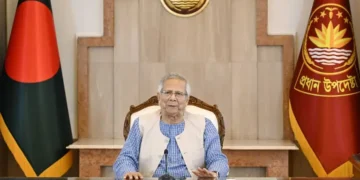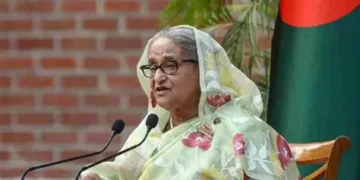Highlights:
-
Election Commission releases “Code of Conduct for Political Parties and Candidates, 2025” ahead of February election
-
Complete ban on posters and drone use during campaigns
-
Maximum of 20 billboards allowed per candidate, decorative lighting prohibited
-
Mandatory joint announcement of manifestos on a single stage
-
Strict monitoring of social media activities; malicious use of AI and misinformation banned
-
Breaches may result in six months’ jail or fines up to Tk 3 lakh
Ahead of the 13th National Parliamentary Election, scheduled for February next year, the Election Commission (EC) has introduced a comprehensive code of conduct outlining permissible campaign activities for political parties and candidates.
According to the gazette titled “Code of Conduct for Political Parties and Candidates, 2025,” signed by EC Senior Secretary Akhtar Ahmed, the guidelines prohibit the use of drones, posters, and decorative lighting in campaigns while also restricting the number of billboards each candidate may install to 20.
The new code, finalized during the EC’s ninth commission meeting on August 7 chaired by Chief Election Commissioner AMM Nasir Uddin, empowers the commission to cancel a candidate’s nomination if any violation is confirmed through investigation.
For the first time, the use of posters in any form has been completely banned. Only digital billboards are permitted to use lighting, limited strictly to campaign messages. Any form of decorative or excessive illumination is forbidden.
The EC has also mandated that all candidates must publicly announce their election manifestos from a single stage. A specific day will be assigned by the returning officer for all candidates in each constituency to read out their manifestos or declarations together.
Read More: Mirza Fakhrul Assures Nouka(নৌকা) Supporters: “ Dhaner Sish (ধানের শীষ) Stands Beside You”
In addition, both parties and individual candidates are required to sign a written pledge affirming their commitment to abide by the code of conduct.
Violations of the code may lead to severe penalties, including up to six months in jail and fines of Tk 1.5 lakh for the candidate and an additional Tk 1.5 lakh fine for the respective political party.
Social Media and AI Regulations
A major focus of the new code is on digital campaigning. Candidates or their representatives must submit details of their social media platforms including platform names, account IDs, and email addresses to the returning officer before using them for election purposes.
“নিজেই তৈরি করুন নিজের অনলাইন স্টোর — কোনো কোডিং জ্ঞান ছাড়াই!
The EC has imposed a strict ban on the malicious use of artificial intelligence (AI), including the creation or distribution of manipulated images, deepfakes, misinformation, or any other misleading digital content.
Furthermore, the code prohibits hate speech, personal attacks, and inflammatory language targeting rivals, women, minorities, or any community. It also bans exploiting religious or ethnic sentiments for electoral advantage.
Parties and candidates are barred from publishing or promoting any false, biased, obscene, or defamatory content whether generated manually or through AI intended to mislead voters or damage anyone’s reputation.
This new framework, built on recommendations from the Election System Reform Commission and aligned with the 2008 code of conduct, reflects the EC’s effort to ensure transparency, fairness, and accountability in Bangladesh’s upcoming general election.
Source: TDS

